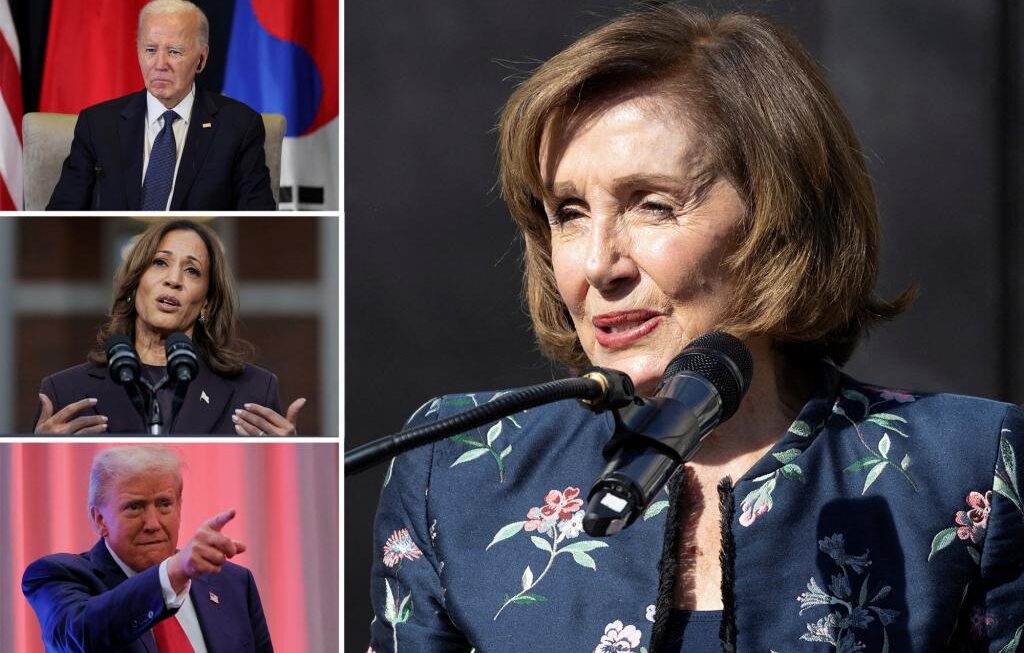It’s not exactly a secret that President Joe Biden’s approval rating is underwhelming. The Democrat’s standing hovered above 50% during his first six months in office, but it’s been closer to 40% since the summer of 2022. When put up against his recent predecessors, at comparable points during their terms, Biden does not fare especially well.
Naturally, this leads to widespread questions about how in the world the incumbent can expect to win a second term without stronger support. People on Team Biden tend to have an answer.
In casual conversations, their vision of the 2024 race is relatively straightforward. In one scenario, the race unfolds largely the same way the 2012 race did: The Democratic incumbent started the election year in a relatively weak position, and polls showed him trailing, but his approval rating climbed as the economy improved; Republicans nominated a candidate much of the public did not like; and ultimately the race wasn’t that close.
In another scenario, however, Biden doesn’t necessarily need to become more popular in order to win.
A couple of weeks ago, for example, a Marist poll found the incumbent president’s approval rating in New Hampshire at just 38%. Given that the Granite State tends to be a competitive battleground, the Democrat’s weak support might’ve seemed like a disaster — except the same survey found Biden leading Donald Trump in a hypothetical general election match-up, 52% to 45%.
In other words, only 38% of New Hampshire voters approve of Biden’s job performance, but in a head-to-head contest against the presumptive GOP nominee, most preferred the Democrat.
The latest national Quinnipiac University poll pointed in a very similar direction. The survey found Biden with an approval rating of just 41%, but it also showed the incumbent leading his predecessor:
As signs point to the 2024 presidential election being a repeat of the 2020 race between President Joe Biden and former President Donald Trump, Biden holds a lead over Trump 50 — 44 percent among registered voters in a hypothetical general election matchup, according to a Quinnipiac (KWIN-uh-pea-ack) University national poll of registered voters released today.
To be sure, all of this comes with the usual caveats about how early in the process it is. What’s more, most recent national polling does not show Biden with a six-point advantage over like likely rival.
But broadly speaking, this is a dynamic worth keeping an eye on in the coming months. Biden’s approval rating and the percentage of the electorate he can expect to win in November are not the same thing.
![]()






